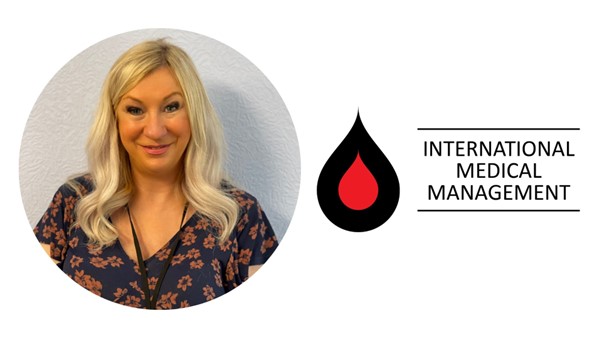
December can be a month of goodwill, fun and family gatherings – but it can also be a very stressful time.
All the more so this year, perhaps, given the personal financial difficulties many will be encountering amid the current economic crisis and the recovery from a two-year global pandemic.
For people already experiencing mental health issues, December can be an especially tough month to negotiate. Indeed, according to research by the charity Mind, more than a third of people with mental health problems have self-harmed to cope with the pressures of Christmas.
It’s so important for employers to be particularly vigilant at this time of year, and ready to support individuals who may be struggling with specific issues that are directly impacting their health and wellbeing.
At the same time, January is just around the corner – and that sense of a new year and a fresh start may provide companies with the foundations for a refreshed employee health and wellbeing strategy.
One of the key questions is: where to start with such an approach?
Offering employees a lifestyle assessment, which paints a comprehensive picture of an individual’s health status, can be a strong initial step. The assessment should look at a broad spectrum of key indicators such as BMI, blood pressure, waist-to-hip ratio and cholesterol, alongside lifestyle choices that can impact health such as smoking, alcohol and exercise levels.
In doing so, employers can help staff to make lifestyle changes that target specific problem areas or create a plan to improve health and wellbeing.
We all know that exercise is good for your health, but figuring out where to start can be overwhelming. It doesn’t have to involve expensive gym memberships: physical exercise can be achieved through housework, climbing up and down stairs rather than taking the lift and getting off the bus one stop early to get some extra steps in.
Weight loss and dieting, equally, can be a daunting prospect. By January television, magazines and social media will bombard us with weight loss tools, tips and techniques that usually cost a lot of money and, quite often, offer conflicting advice. With the right expert partner, employers can cut through the noise and offer clear guidance to their staff on how to eat well and, if necessary, lose weight.
Then, of course, there is stress. Anxiety and depression are the most common mental health problems, and these conditions can be compounded by stress. Making good lifestyle choices around exercise, diet, alcohol and smoking can certainly have a positive impact but employers can also support their staff to develop techniques to minimise stress.
Overall, the benefits of supporting the health and wellbeing of employees cannot be overstated. A company’s people are its most valuable assets.
Ensuring they are fit, healthy and happy not only drives employee engagement and productivity; it also reduces staff turnover, fosters a collaborative working environment and is ultimately in the best interests of all involved.
Companies which have an offshore workforce face specific complexities in pursuing those goals and many have developed fairly advanced health and wellbeing programmes in support of staff welfare.
Despite those efforts, it can still be a particularly difficult period for offshore personnel – and indeed for their loved ones – if they are working over the festive season. We should all spare a thought for them as we get together with our own family and friends. Dr Louise Slaney is medical director with Aberdeen-based International Medical Management. IMM provides occupational health, travel, medical guidance and other services to the onshore and offshore sectors. The IMM clinic is SEQOHS accredited and operates under the Medical Advisory Service for Travellers Abroad (MASTA) network – the only one of its kind in the North of Scotland.

